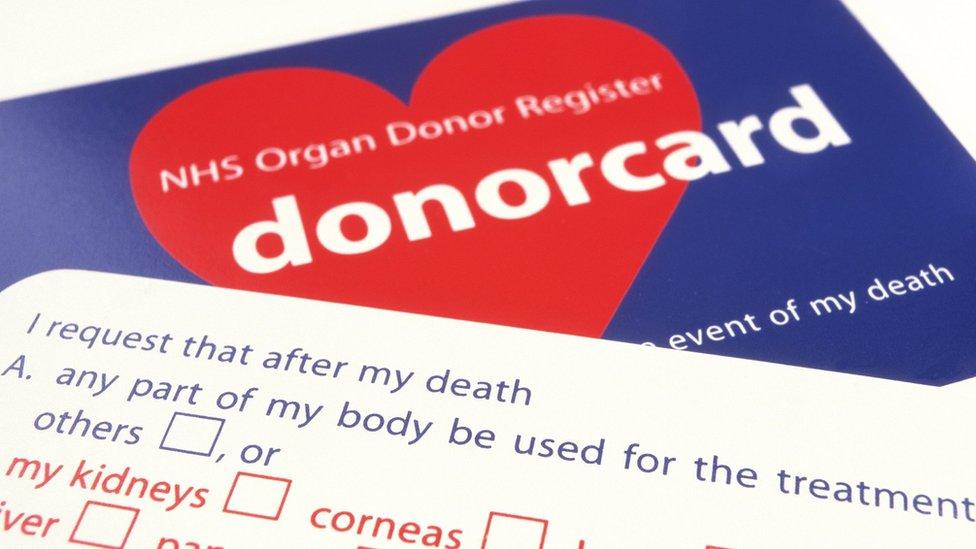Birmingham family's hunt for BAME liver donor
- Published
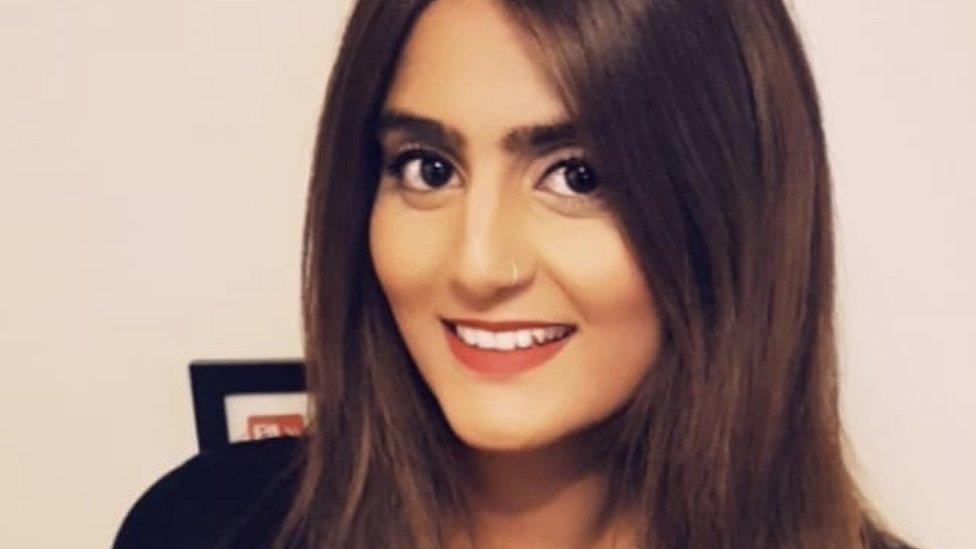
Sunaina spent her 31st birthday in hospital
The family of a woman in need of a liver transplant are appealing for more black, Asian and minority ethnic (BAME) people to register as organ donors.
Sunaina Paul, 31, from Bearwood, Birmingham has been prioritised as "super urgent" on the transplant list, her family said.
But a shortage of BAME donors means finding a match is more difficult.
Her family are campaigning to raise awareness of the importance of registering.
Sunaina, who is a British Punjabi, was born with Biliary Atresia, external, a condition in which bile ducts in the liver are blocked, leading to a built up of the bile, which causes damage to the liver.
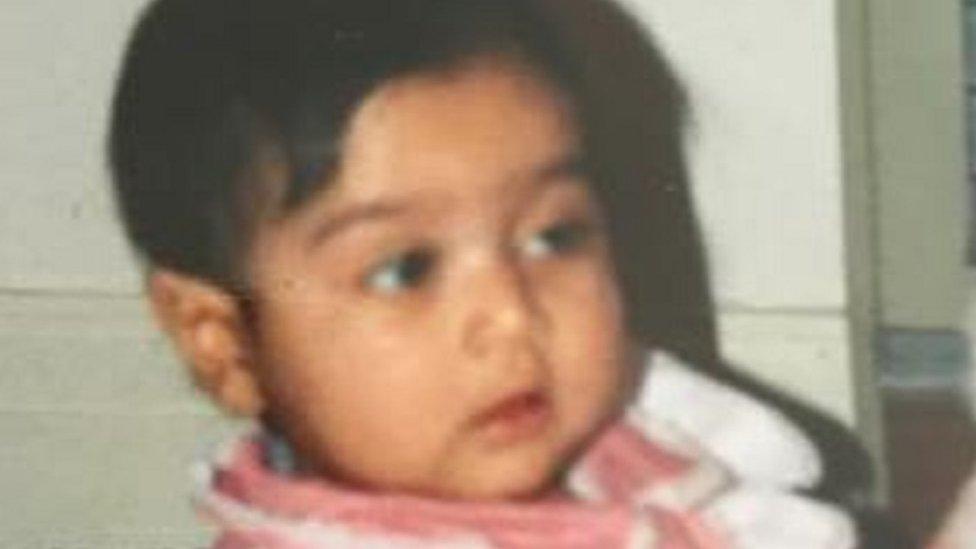
Sunaina's condition was diagnosed when she was very young
She underwent a procedure at seven weeks old to allow bile to flow from the liver to the intestines, but mother Sianne Paul said they knew she would eventually need a transplant.
Ms Paul was told in March it was necessary, but, her mother said, the low availability of compatible donors means other patients have died while on the waiting list.
NHS Blood and Transplant said people from the same ethnic background are more likely to have matching blood groups and tissue types, but in 2017/2018, BAME donors made up a little over 7%, external of all opt-in registrations, where ethnicity was recorded.
"Our lives hang on the generosity of a stranger," Sianne Paul said.
"We hope to encourage more people to sign up as organ donors and in doing so give hope to young adults like Sunaina that they have a chance to live."
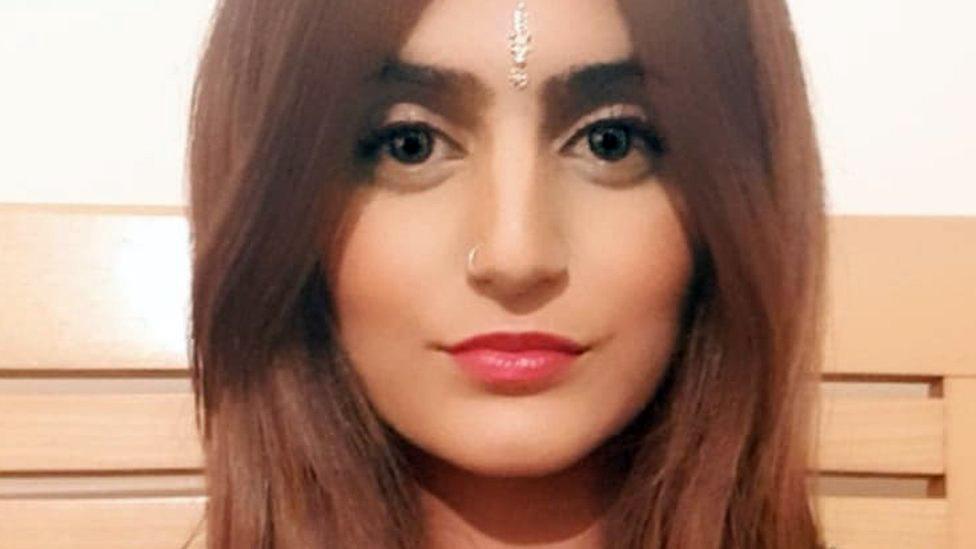
Sunaina has been classed as "super urgent" on the transplant list, her family says
An NHS Blood and Transplant spokesperson said family refusal continues to be the "biggest obstacle" among BAME communities.
The law is set to change next spring requiring people to opt out of donating organs, rather than the current opt-in approach, and is expected to increase the number of donor organs available.
But Orin Lewis, co-chair of the National Black, Asian and Minority Ethnic Transplant Alliance, said for patients like Sunaina "time is of the essence".

Follow BBC West Midlands on Facebook, external, on Twitter, external, and sign up for local news updates direct to your phone, external.
- Published24 March 2019
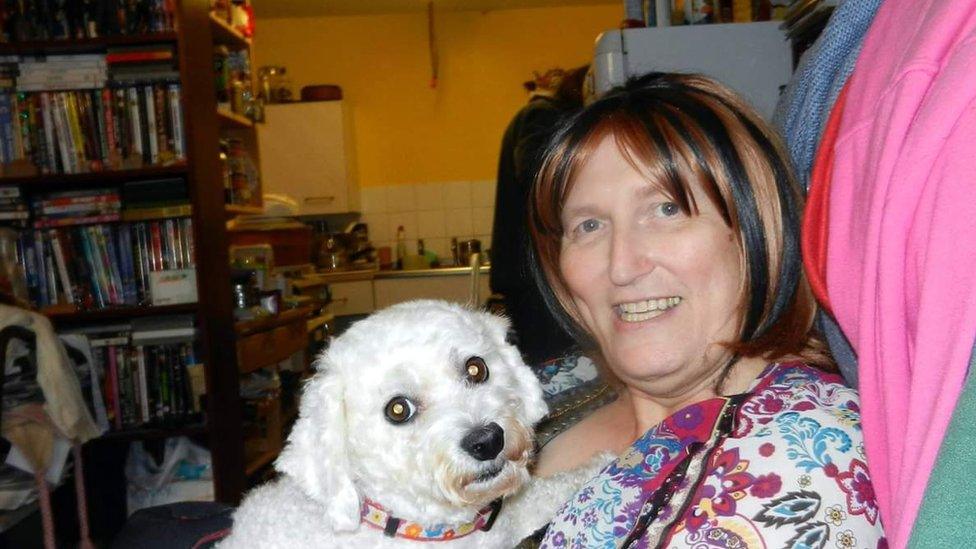
- Published17 March 2019
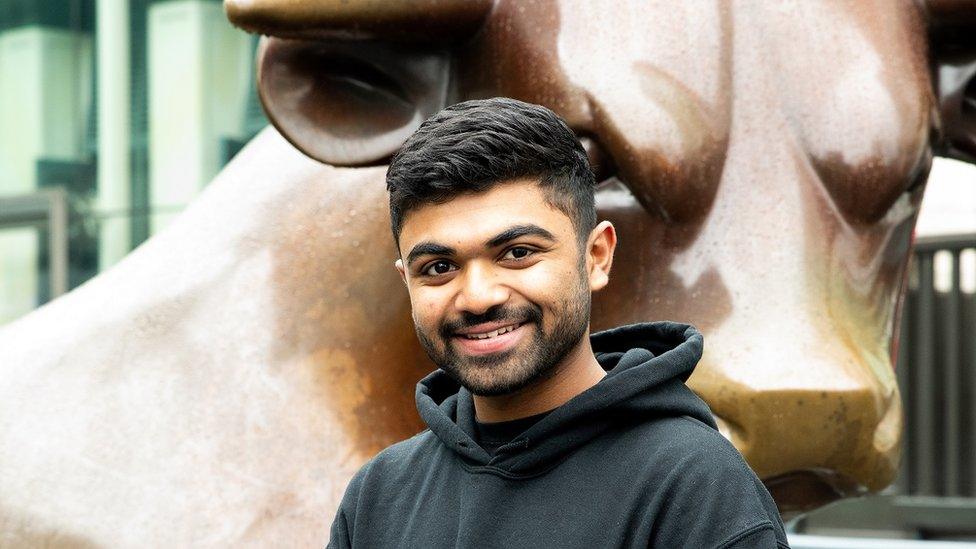
- Published16 January 2019
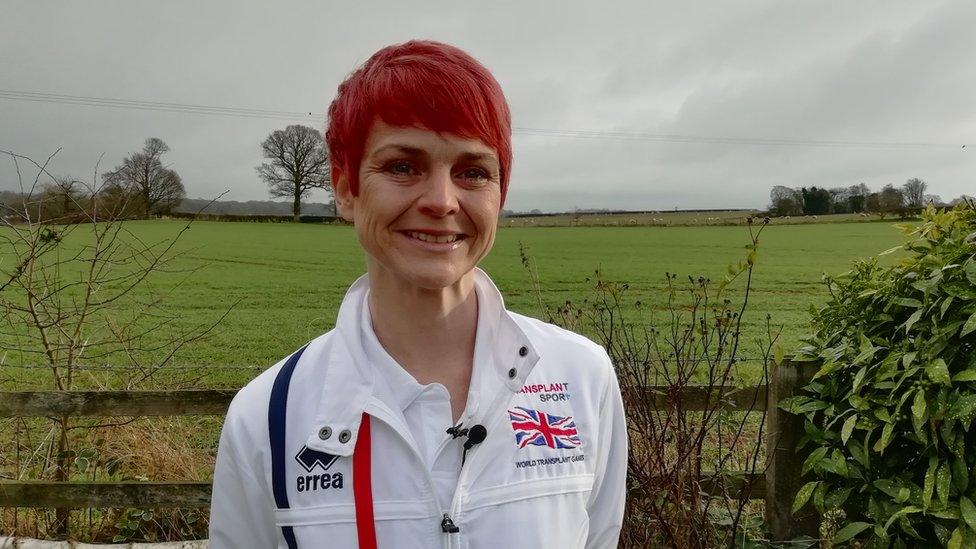
- Published5 August 2018

- Published1 June 2018
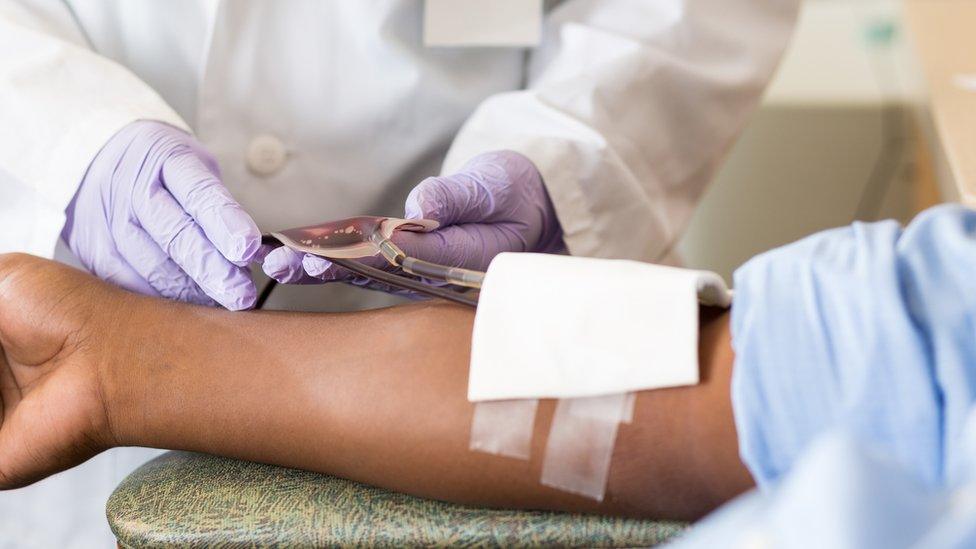
- Published1 September 2016
